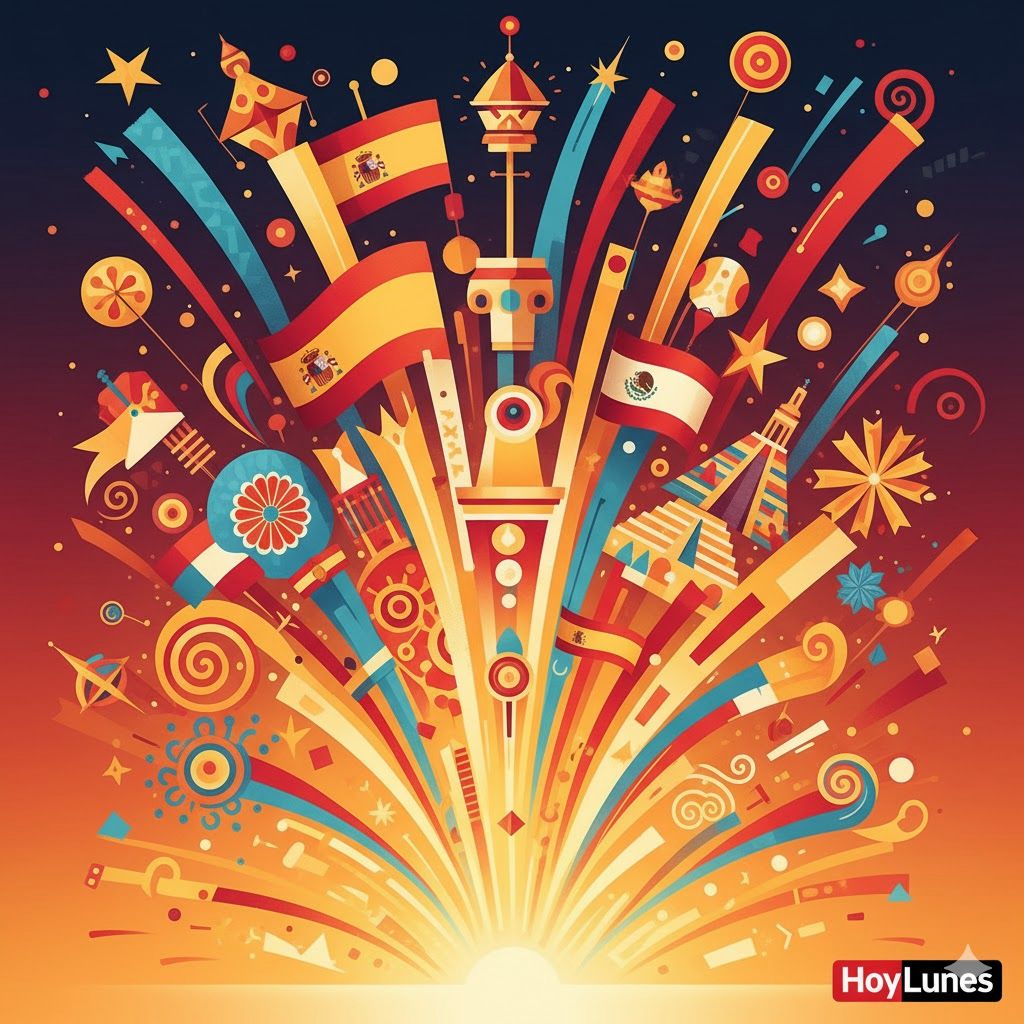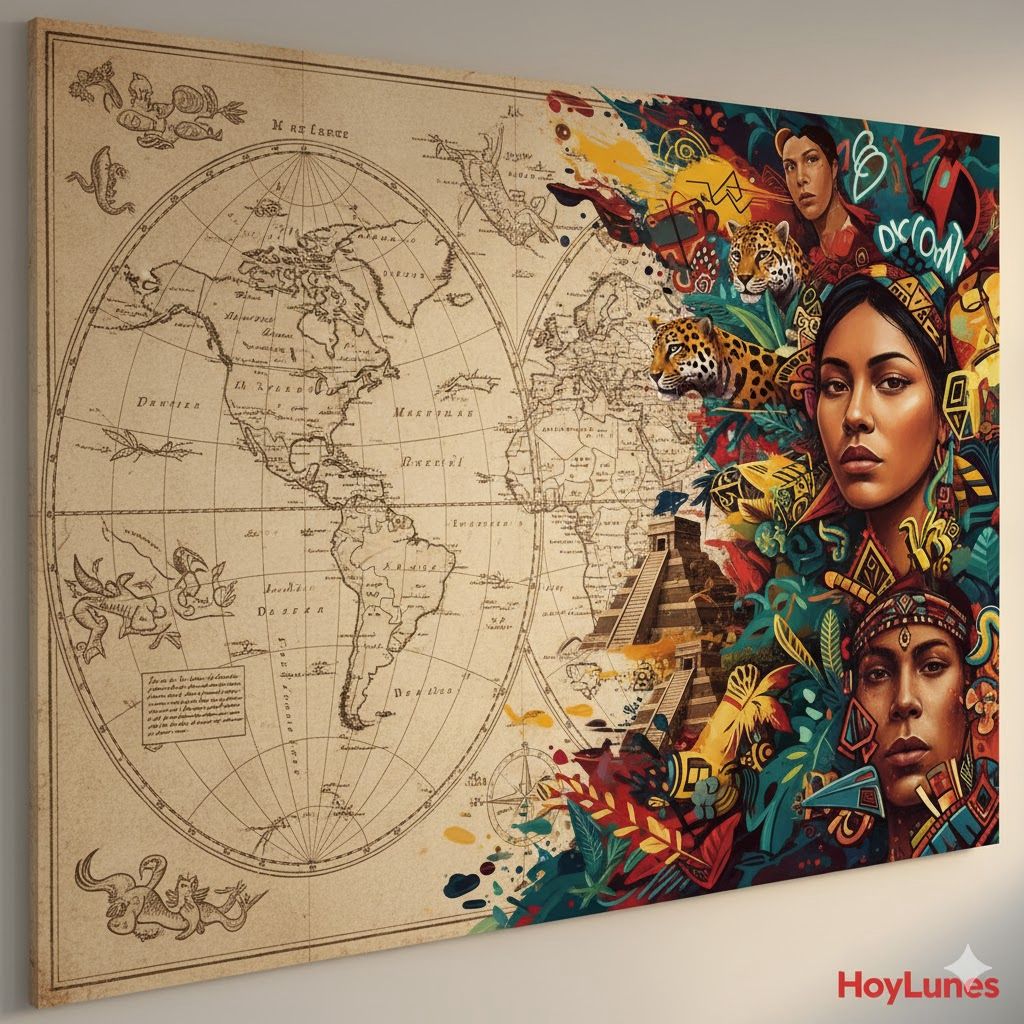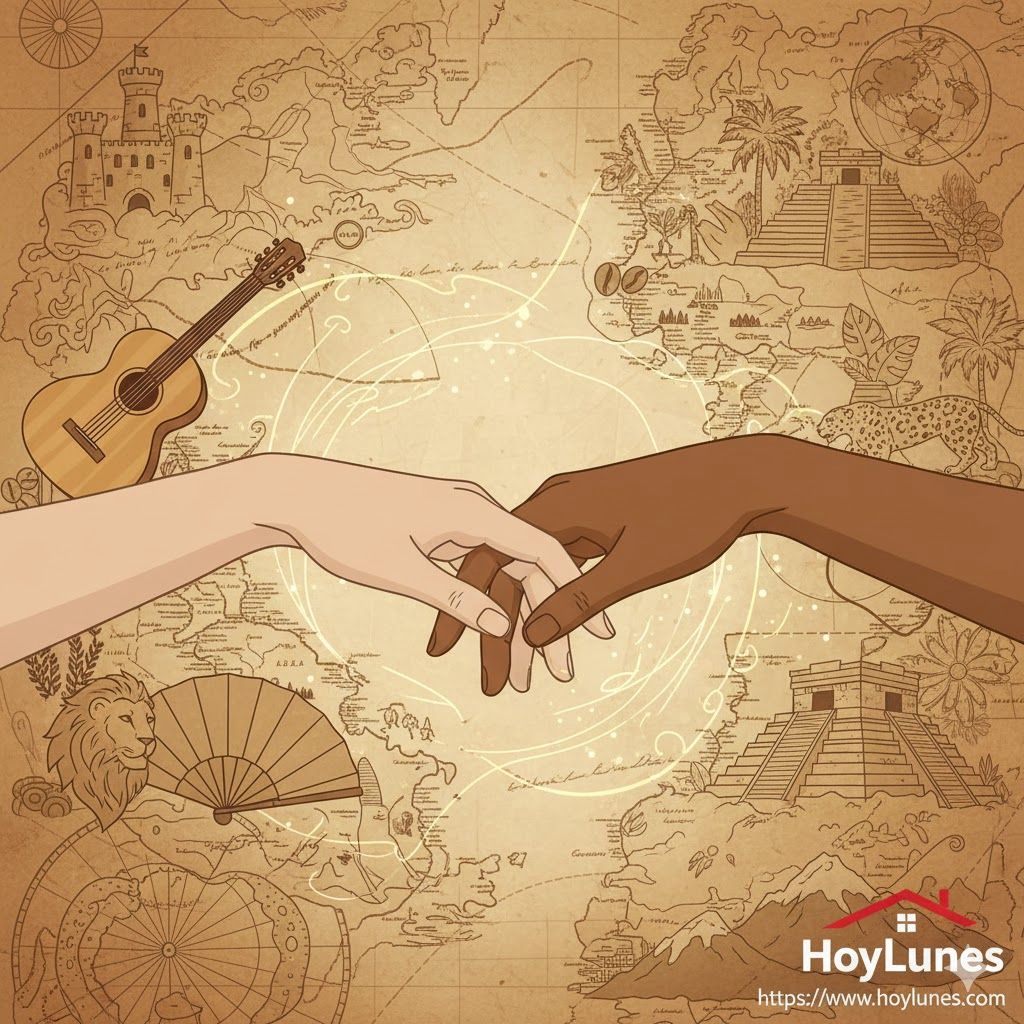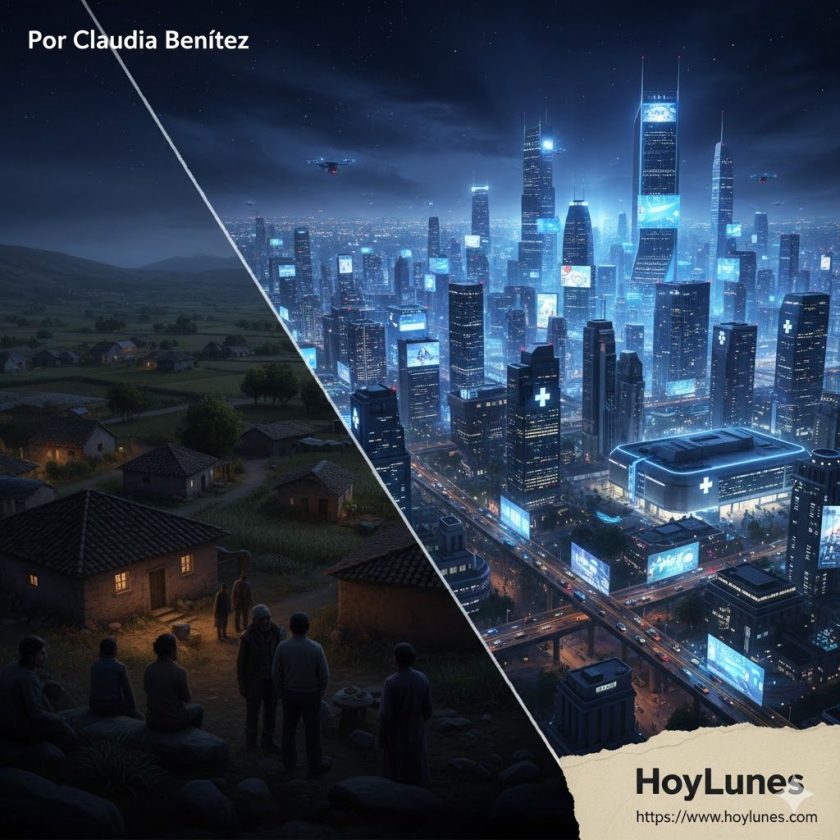Between celebration and memory: October 12 as a mirror of our shared history.
By Claudia Benitez
HoyLunes – Every October 12, Spain and much of Latin America commemorate what has traditionally been known as “Hispanic Day” or “Day of the Race”. This date recalls the historical encounter between cultures that took place in 1492, when Christopher Columbus arrived on the American continent. However, the meaning of this day remains the subject of intense debate, reflecting the complexity of history, collective memory, and their influence on our present.
For many, October 12 is a moment of cultural celebration. It highlights the linguistic and cultural ties that unite Spanish-speaking countries, the influence of art, literature, and music, and the importance of remembering the exchanges that shaped the modern world. Parades, official ceremonies, and festivals fill the streets of Spain and other nations, emphasizing pride in a shared heritage and encouraging reflection on Hispanic “identity”.

Nevertheless, this date also evokes the memory of painful episodes. The arrival of Europeans on the American continent marked the beginning of conquests, killings, forced displacements, cultural losses, and the extinction of many Indigenous peoples. For this reason, for many Indigenous communities and social movements, October 12 is a day of mourning and resistance—known as the “Day of Indigenous Resistance” or the “Day of the Encounter of Two Worlds”. This perspective invites us to rethink the traditional historical narrative and to recognize the diversity of experiences that coexist under the same calendar.
Today, October 12 serves as a mirror of contemporary society: it reflects the tension between celebration and critique, memory and oblivion, pride and reparation. Schools, the media, and public debates strive to balance these opposing visions, promoting a historical education that neither conceals conflicts nor glorifies the achievements of a single group. This more inclusive approach allows the commemoration to become not only an act of remembrance but also a space for dialogue about justice, identity, and cultural reconciliation.

Thus, October 12 remains a date charged with multiple meanings. Beyond the celebration or the parade, it invites us to think about the complexity of our shared history, to question hegemonic narratives, and at the same time, to celebrate the diversity that defines the peoples of the Hispanic world.
Ultimately, it is a day to look to the past with honesty and to the future with critical awareness.

#hoylunes, #claudia_benitez



